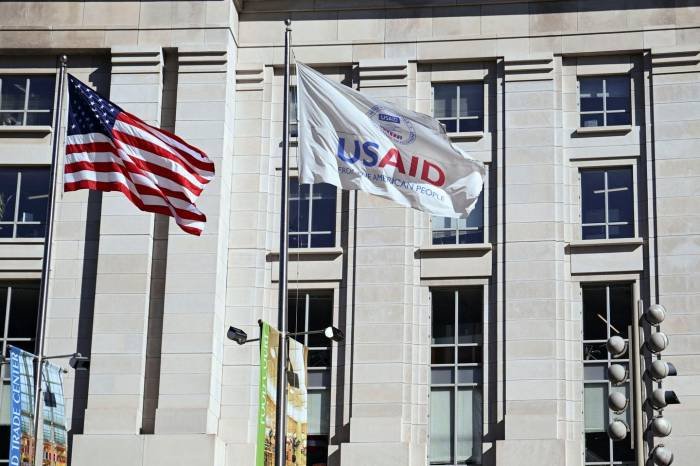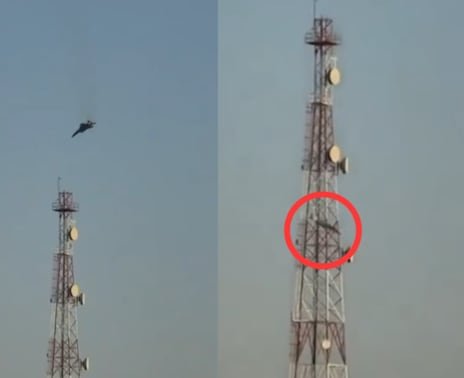The U.S. State Department has ordered the closure of all overseas missions run by the U.S. Agency for International Development (USAID) and is preparing to recall thousands of staff members stationed around the world.
This decision comes amid President Donald Trump’s broader effort to merge USAID, the nation’s primary agency for distributing foreign aid, with the State Department, effectively reducing its autonomy.
Peter Marocco, a recent Trump appointee, communicated the directive to State Department officials, informing them that all USAID personnel, including their families, should be recalled by the end of the week. However, some sources suggest that this deadline might be extended depending on how the situation develops.
Meanwhile, an internal memo from USAID’s headquarters in Washington revealed that many staff members have been placed on administrative leave. The memo, signed by Marocco, instructed the remaining staff to operate with a reduced workforce, focusing on identifying which programs should be shut down.
The move follows a decision by President Trump on January 20 to freeze most U.S. foreign aid, aiming to better align international assistance with his “America First” agenda.
Also Read; NEMC Expands Environmental
Oversight in Central Zone
As a result, many USAID projects worth billions of dollars and focused on providing crucial aid to people in need have been suspended.
The announcement has sparked concerns both within the U.S. and abroad. International aid organizations are worried that the suspension of U.S. foreign aid will negatively impact millions of people in developing countries who rely on this assistance for survival. In particular, foreign aid workers from Australia have expressed fears that the halt could lead to unnecessary loss of life in regions heavily dependent on U.S. support.
Critics argue that dismantling USAID could severely damage the U.S.’s global standing and its ability to influence international development efforts. There are also legal challenges to the move, with experts suggesting that only Congress has the authority to dissolve federal agencies, raising questions about the constitutionality of such a decision.







